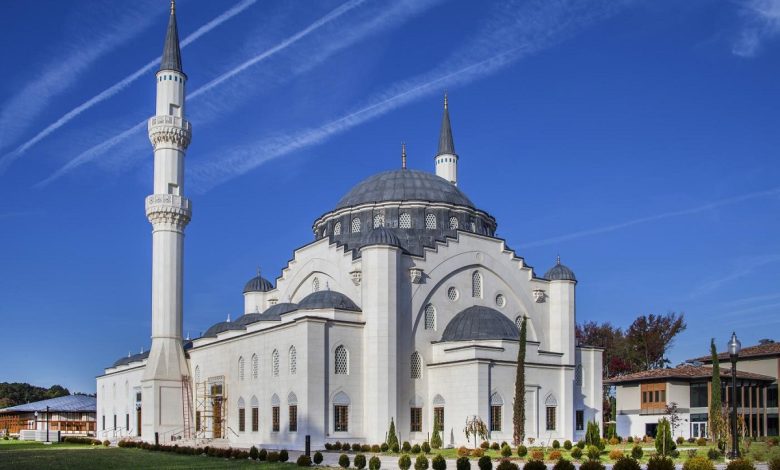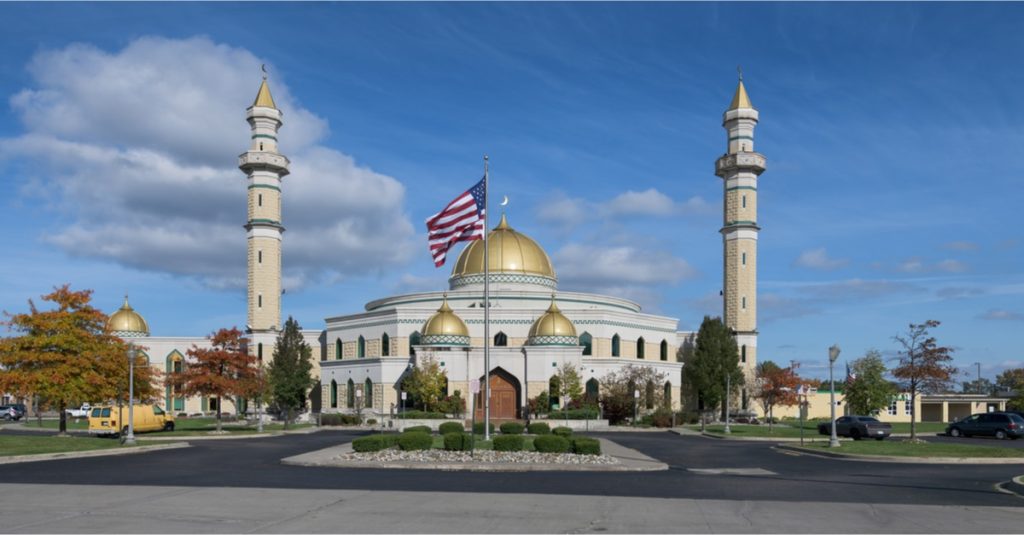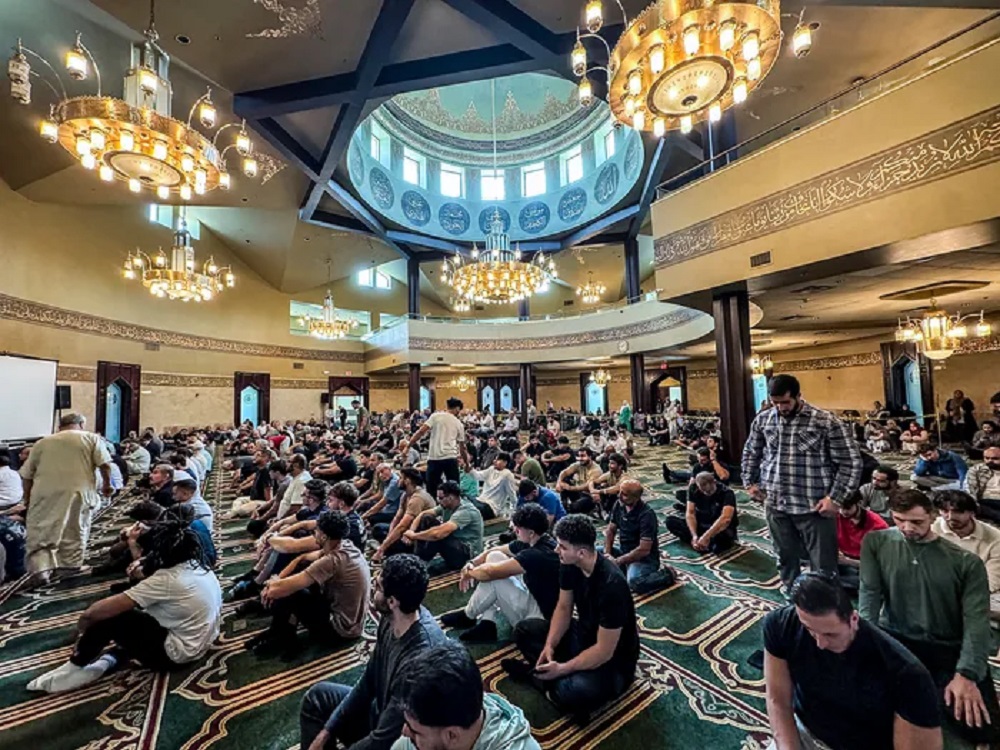Mosques in the United States: Pillars of Faith, Community, and Cultural Integration
Exploring the Multifaceted Roles of American Mosques in Strengthening Muslim Communities.

In the United States, mosques are more than just places of worship; they are vibrant community centers that play a pivotal role in the lives of Muslim Americans. These institutions have evolved to meet the spiritual, social, and cultural needs of their congregations, becoming integral to the fabric of American society.
Historical Context and Growth
The establishment of mosques in the U.S. dates back to the early 20th century, with the first purpose-built mosque, the Mother Mosque of America, constructed in 1934 in Cedar Rapids, Iowa. However, it was after the Immigration and Nationality Act of 1965 that the Muslim population in the U.S. began to grow significantly, leading to an increase in the number of mosques and Islamic centers across the country.
Multifaceted Roles of Mosques
1. Spiritual Centers
At their core, mosques serve as places for daily prayers, including the congregational Friday prayer (Jumu’ah), and special occasions such as Ramadan and Eid celebrations. They provide a space for Muslims to connect with their faith and community.

2. Educational Institutions
Many mosques operate schools and educational programs, offering Quranic studies, Arabic language courses, and Islamic history classes. These programs cater to both children and adults, ensuring the transmission of Islamic knowledge to future generations.
3. Social Services and Community Support
Mosques often run social service programs, including food banks, clothing drives, and financial assistance for those in need. For instance, the Islamic Center of Pittsburgh operates a monthly food pantry in conjunction with the Greater Pittsburgh Food Bank, serving both Muslims and non-Muslims.
4. Cultural Integration and Interfaith Dialogue
In a diverse society, mosques play a crucial role in fostering understanding and cooperation among different religious and cultural groups. They engage in interfaith dialogues, open houses, and community events that promote mutual respect and harmony.
Challenges Faced by American Mosques
Despite their positive contributions, mosques in the U.S. face several challenges:
-
Islamophobia and Discrimination: Mosques have been targets of hate crimes and vandalism, reflecting broader societal prejudices.
-
Financial Constraints: Many mosques rely on donations and volunteer work, which can be insufficient to meet the growing needs of their communities.
-
Regulatory Hurdles: Zoning laws and building codes sometimes pose obstacles to mosque construction and expansion.

Mosques in the United States are vital institutions that contribute significantly to the spiritual, social, and cultural well-being of Muslim communities. By providing spaces for worship, education, and community service, they not only strengthen the Muslim community but also enrich the broader American society. As these institutions continue to evolve, they remain steadfast in their mission to serve as beacons of faith, knowledge, and community.



